Norma Rae (1979)
“You’re overpaid, you’re overworked… They’re shafting you right up to your tonsils.”
|
Synopsis: |
|
Genres, Themes, Actors, and Directors:
Response to Peary’s Review: … and that husbands and wives can be friends as well as lovers”. He notes that “scenes that could come across as being extremely self-conscious… make us feel touched by their honesty”, and adds that the “picture has authentic atmosphere, surprising toughness, and characterizations by Field and Leibman that are downright inspirational”. Peary elaborates on Field’s performance in his Alternate Oscars, where he agrees with the Academy in awarding Field Best Actress of the Year for her portrayal as “the closest to perfect any woman has been on the screen since Ingrid Bergman’s nun in The Bells of St. Mary’s.” He writes:
Peary further adds that “Field does an extraordinary job as this woman who displays remarkable courage and tenacity. It’s fun seeing this small-framed woman with a teenager’s face stand up to intimidating men, ignoring their threats, shouting at them, issuing threats of her own”, and notes that she “touches every scene with honest emotions”. Peary’s praise is well-deserved: Field carries this film upon her tiny yet firm shoulders with incredible courage and chutzpah — speaking of which, Leibman’s role is equally critical to the film’s success, and his performance just as powerful as Field’s. The direction their relationship takes is both unexpected and refreshing. Meanwhile, the supporting cast and all details of this place-based film feel spot-on (check out TCM’s article for more details about filming on location in Alabama). The level of ongoing hubbub in the textile factory is authentically deafening, giving the film’s most famous scene additional “emotional impact: when Field stands on a table at the mill, holding high a sign that reads ‘Union’: … [director] Ritt has all the workers look straight ahead at her so that it’s clear each of them turns off his or her machine because of Field and not because fellow workers are doing so.” In an era of truly unsettling unknowns about the future of human labor, Norma Rae is a much-needed reminder that staunch activism, fearless leaders, and unwavering support are needed more than ever. Redeeming Qualities and Moments:
Must See? Categories
Links: |
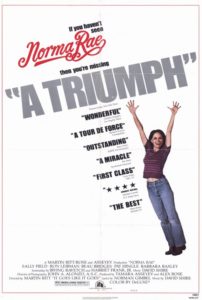
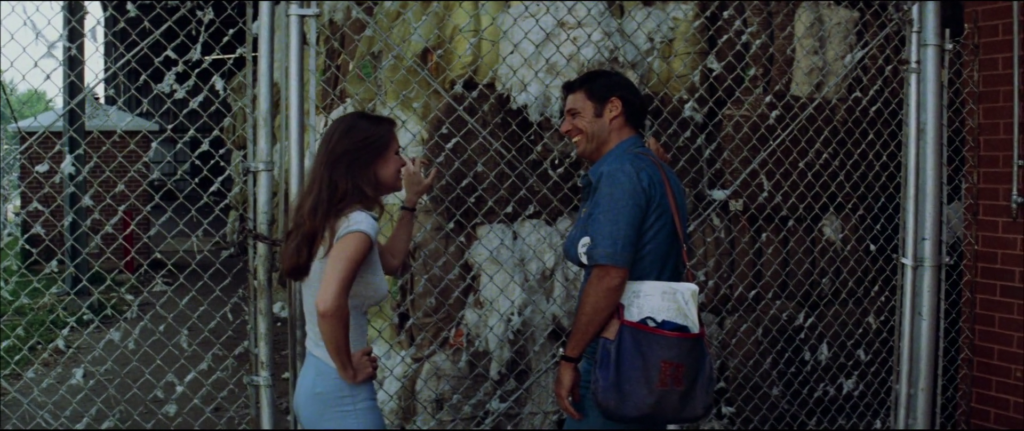
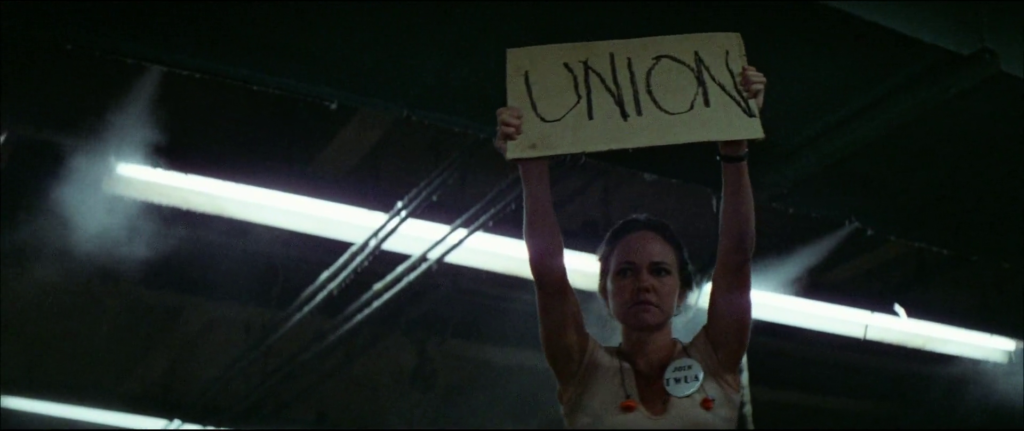
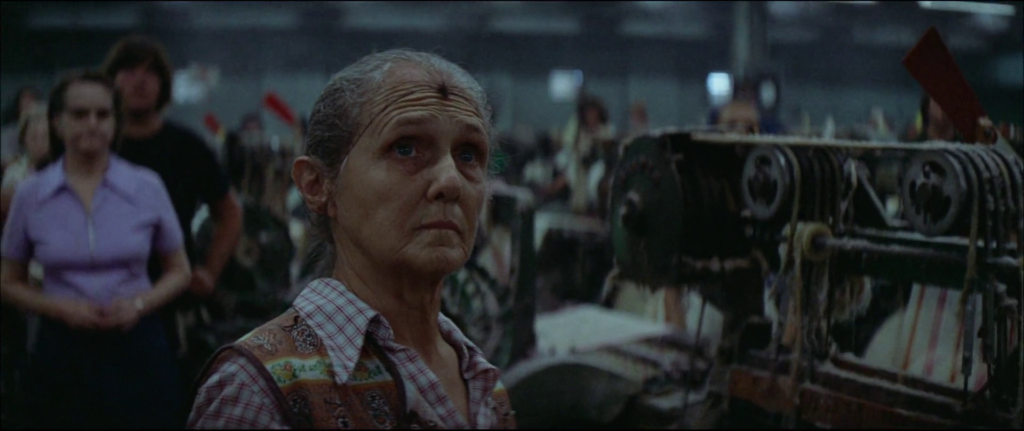
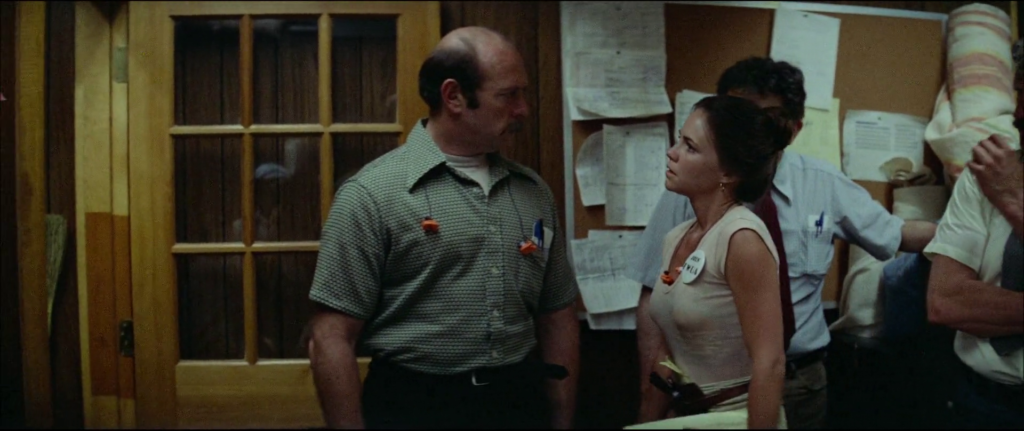
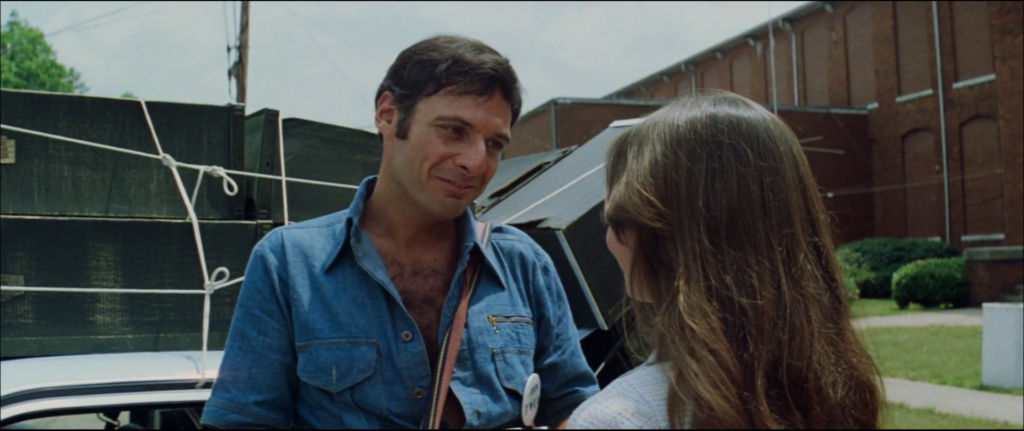
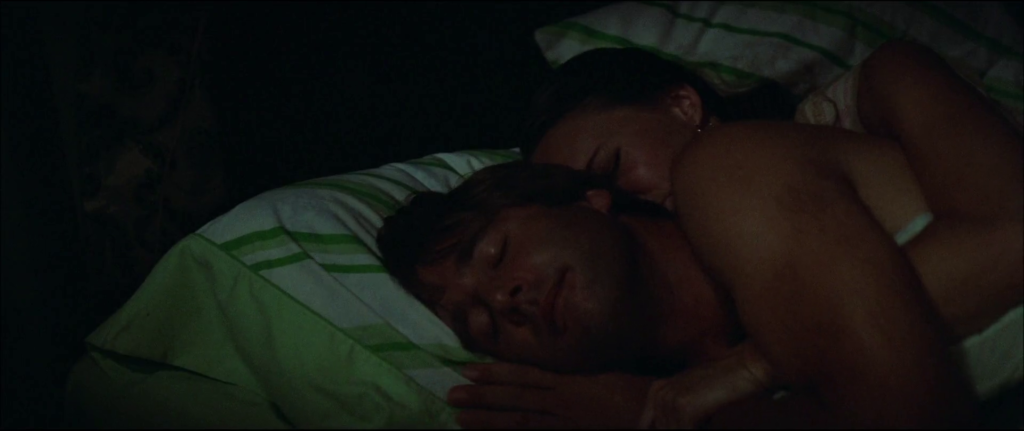
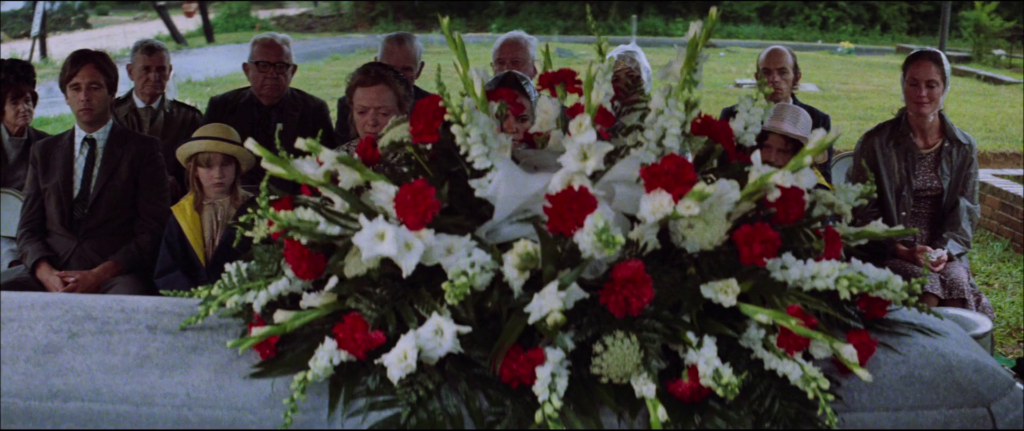
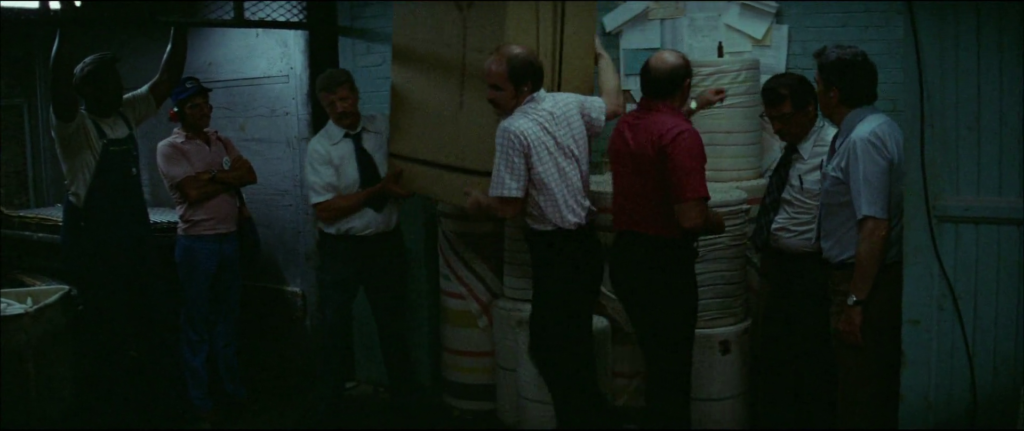
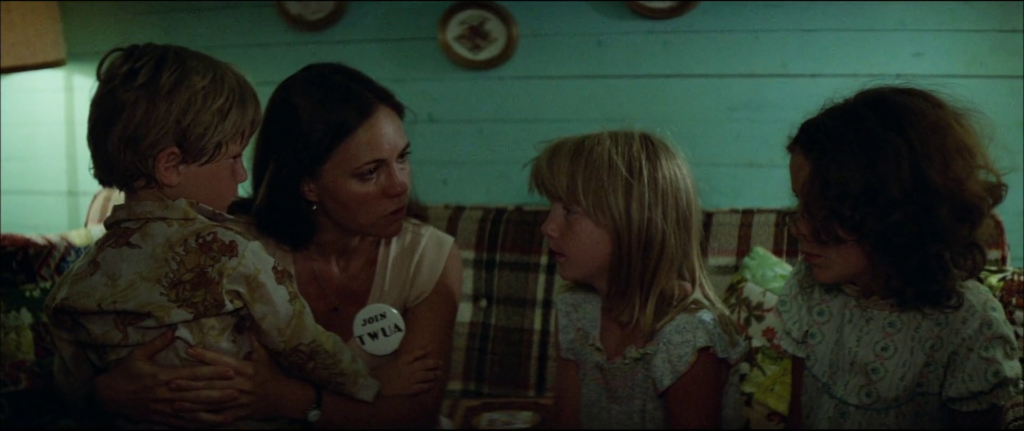
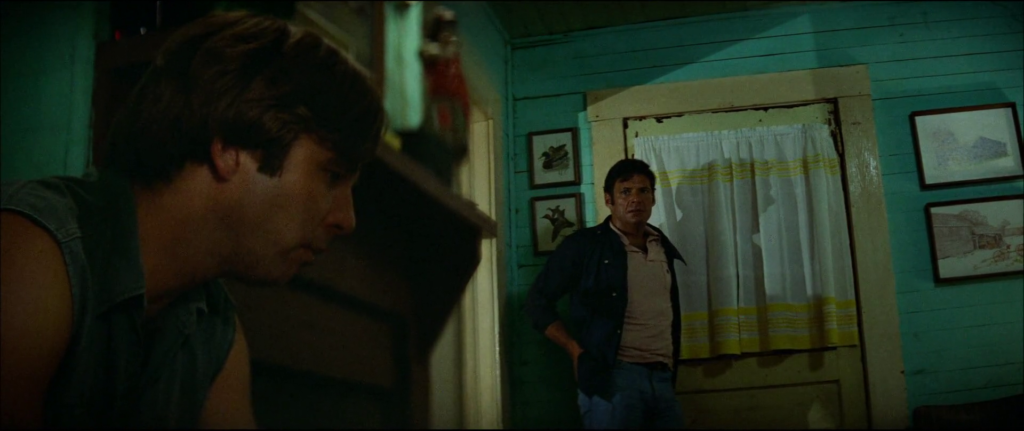
One thought on “Norma Rae (1979)”
A no-brainer must-see. I agree completely with the assessment given and am glad that I can pretty much completely concur with Peary’s points (his remark about Ingrid Bergman is a bit much).
This is basically a perfect film. Much credit should first go to the powerhouse script by Harriet Frank, Jr. and Irving Ravetch, working with a solid true-life tale.
Martin Ritt’s direction is sharp and assured. I once saw Sally Field in an interview, in which she could not praise Ritt enough in the way he guided her through her performance. Those of us who ‘grew up with’ Field as she made her way through ‘Gidget’ and ‘The Flying Nun’ never suspected her of being capable of the complete commitment she brings to ‘Norma Rae’. She certainly deserved her Oscar for this performance.
But bottom line… the film itself is simply a very powerful statement and a damn fine and honest piece of work. I saw it again within recent memory – and it held up very well. No doubt it’s easily a film that can be returned to from time to time.